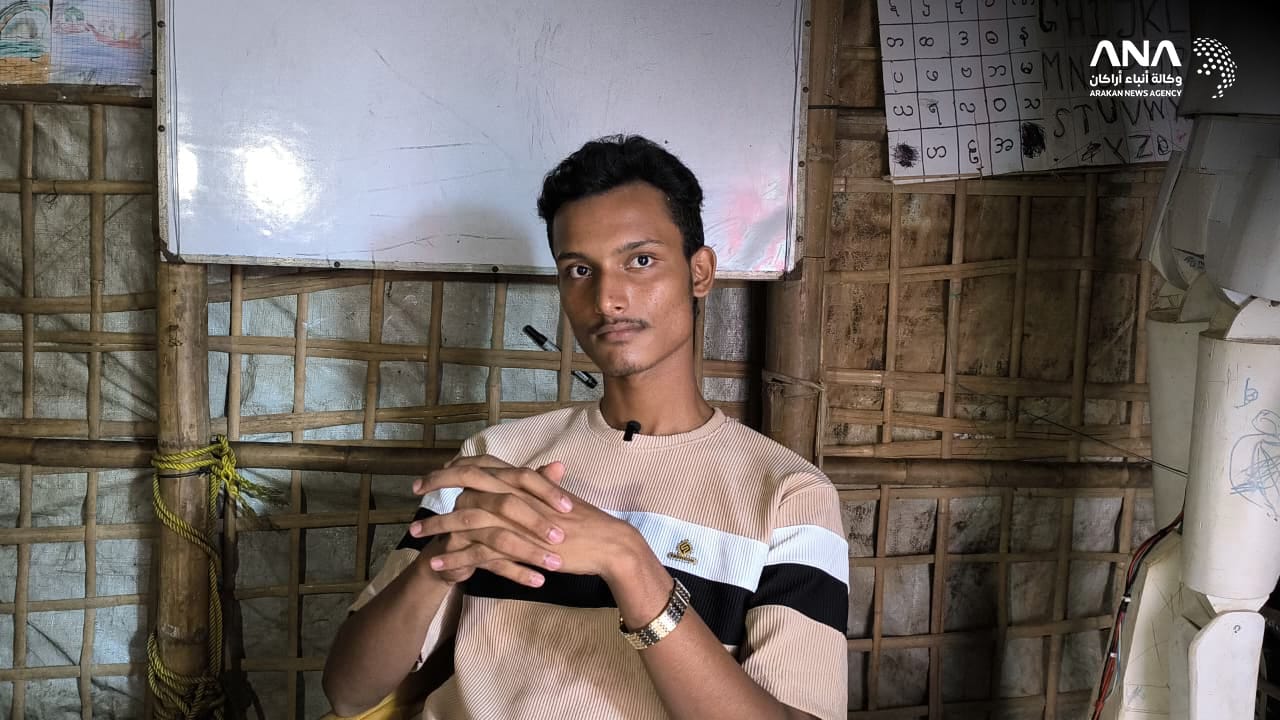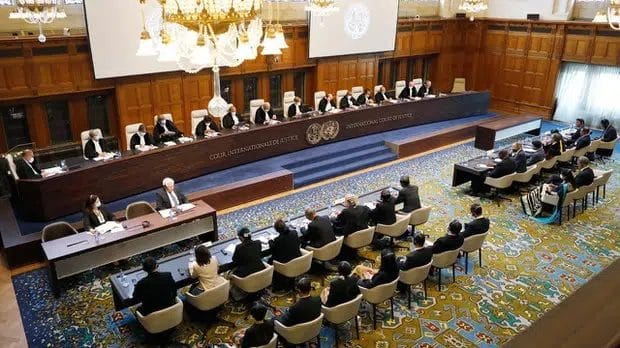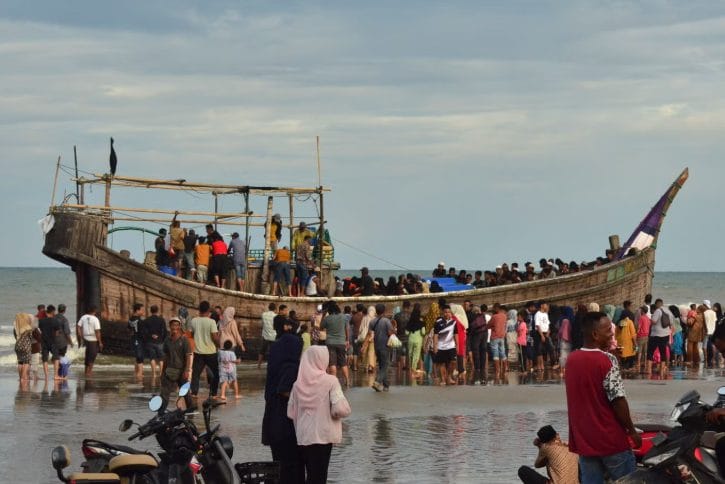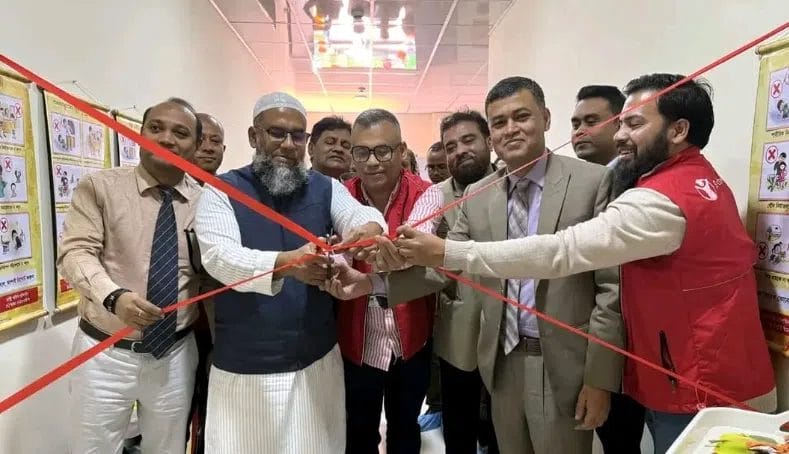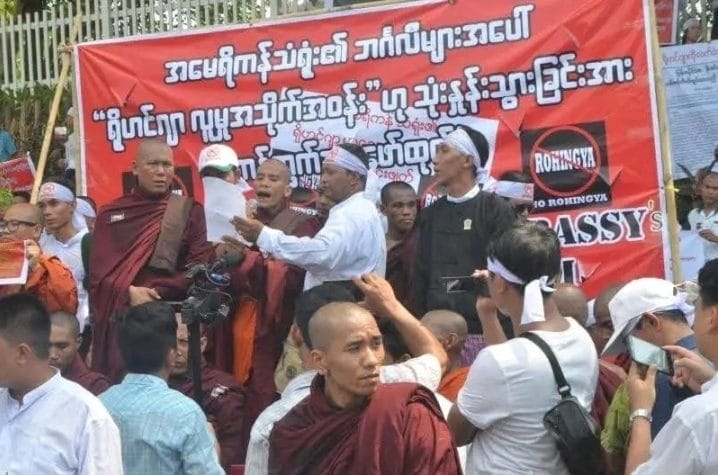Arakan News Agency | Exclusive
Amid the harsh conditions of life in the Rohingya refugee camps in Bangladesh, the story of young Mohammed Toyoub has emerged as a unique example of talent, determination, and hope, after he succeeded in creating small robots.
Toyoub, originally from Bothidown Township (Bataga) in Arakan State, Myanmar, fled with his family from the persecution and violence that targeted the Rohingya, eventually settling in Camp 1. There, surrounded by overcrowded shelters and limited opportunities, he decided to transform his suffering into creative energy.
Despite lacking formal education in engineering or robotics, Toyoub had been fascinated with machines and how they worked since childhood. With remarkable persistence, he began collecting broken pieces, old wires, and discarded parts from damaged devices, turning them into innovative models. He was able to create small robots and even a miniature excavator model.
“It was very difficult because I couldn’t access the necessary materials,” Toyoub told Arakan News Agency. “But I used whatever I could find. Even broken things I tried to give them new life.”
His innovations became a message of hope for an entire generation of Rohingya youth who endure a harsh void due to a lack of education and activities. His work inspired others to approach him, eager to learn the basics of technology, making him a source of inspiration within his community.
Alongside his inventions, Toyoub also worked as an excavator operator inside the camp, reflecting his ability to combine practical skills with creative imagination in serving himself and his surroundings. Camp residents widely agree that he is a model of perseverance, proving that dreams do not fade even in the harshest of conditions.
Toyoub’s story reflects the untapped potential within the Rohingya community, which has suffered for decades from denial of education and basic rights. It is a reminder that the Rohingya are not merely victims of persecution and displacement but carriers of hidden talents that can contribute to knowledge, technology, and society if given the chance.
He concludes his message to the world by saying: “Even though I live in a refugee camp, I want to prove that we Rohingya have knowledge, skills, and creativity. If we are given the opportunity, we can achieve great things.”
Bangladesh currently hosts more than one million Rohingya refugees in the camps of Cox’s Bazar, which the United Nations classifies as the world’s largest refugee settlement. Refugees there have been living in difficult humanitarian conditions since fleeing Myanmar in 2017, following the “genocide campaign” launched by the Myanmar military. New waves of displacement have also continued since renewed fighting broke out in Arakan State between the Myanmar army and the Arakan Army (separatist) in November 2023.

